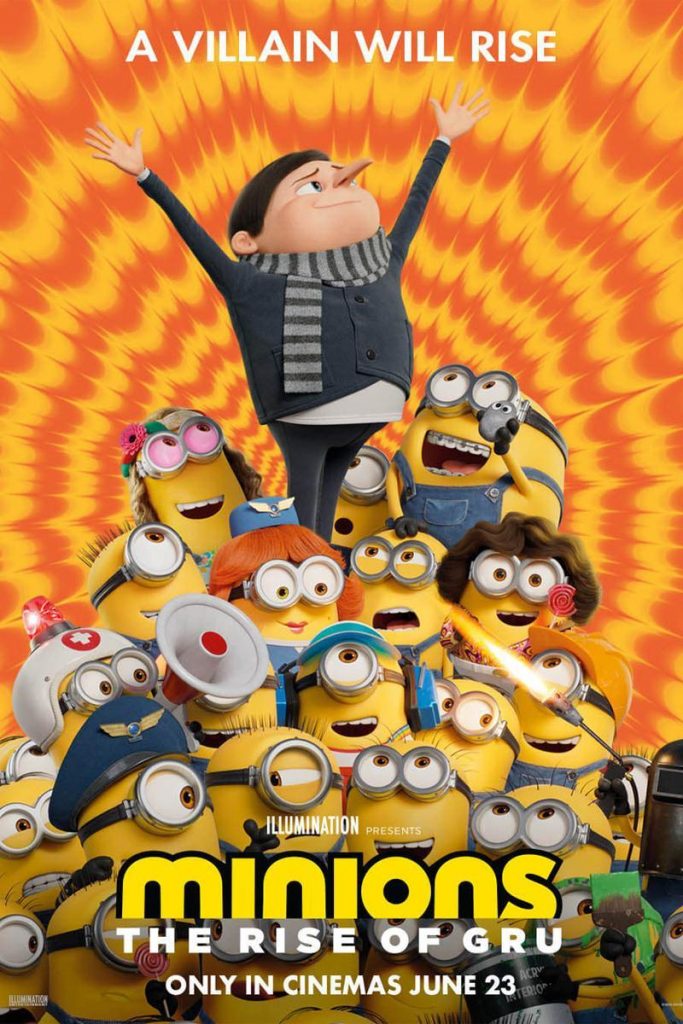Marriage is the pursuit of happiness for all free human beings. It is a concept that appeared in the 15 year old American same-sex marriage ruling. Their story changed the history of interracial marriage being illegal in the United States. They were again taken to court and given a serious warning after being dismissed by a local court. Marriage is the pursuit of happiness for all free human beings. This concept, which appeared in a 15 year old American same-sex marriage ruling
And a few decades ago, a black and white couple also held such ideals in their quest for equal rights as born human beings.
Before watching this film, Uncle Fish’s own imaginary story was something else entirely. After all, there was a film called Loving last year. The 3D version of the film was so big that it could shoot people in the face. The film was nominated for the Palme d’Or in the main competition at the 69th Cannes Film Festival. Based on the true experiences of an interracial couple in the USA. Their story changed the history of interracial marriage being illegal in the United States. Another title for this film: Forbidden Love. 1958 Virginia, a black man and a white man, in love but not allowed to marry.
What a tragic story this is. It could have been made sad, tearful and poignant. But the director doesn’t do that, he does it with restraint. History can be as plain as water. The story takes place in 1958, when segregation still exists in the United States. Mildred and Richard Loving, a young couple. What makes them different is that the man is white and the woman is black. The woman was so excited to say I’m pregnant that the man bought her a piece of land, asked her to marry him and built her a house.
After going to Washington for a fair marriage, the two lived happily together. He builds a house outside, she sews at home for the birth, and everything seems perfect. But things didn’t go so well. One night, the police broke into the home and took the two away to be put in separate cells. They were thrown in jail for their interracial union. The two were prosecuted by the local court. They were told by their lawyer that they had only two options: they could plead guilty and accept the condition that they would not return to the state for 25 years. They could either plead guilty and accept the condition that they would not return to the state for 25 years, or they would have to spend several years in prison.
The two little people pleaded guilty and the two poor people were ‘exiled’ to another country. Before the birth of their first child, the couple secretly returned home and, with the help of their mother, the wife went into labour. But the police soon got wind of it. Still reveling in the joy of being new parents, the couple were taken away again. They were again taken to court and given a serious warning.
The two had to move to an unfamiliar place, without any family. The days were long and time passed slowly. The woman gave birth to three children, who grew up. But she says: “I don’t want them to grow up, it’s as if they were imprisoned. Forced to leave her parents and sisters, to leave the familiarity of her home, it is a kind of exile, but not a kind of captivity. She could only hear about her home from her sister, who occasionally visited. It was as if they were isolated from the world.
Seeing the tens of thousands of people marching in the news, she too began to fight for her civil rights. She wrote a letter to the chief prosecutor. Soon she was contacted by a lawyer from the American Civil Liberties Association, seeking to get another court retrial. After being rejected by the local court. They could appeal to the state court, and if they were dismissed, they would have the opportunity to appeal to the federal court. There was no doubt that they had lost the previous rounds. At last they have reached the Federal Court.
As defendants, they could attend the trial. In the words of the lawyers, it was a great honour to sit with the judges of the Supreme Court. It was a historic event. But the husband balked. For the lawyers, it was an opportunity, an event that could change history, a piece of capital to brag about. But for him, it was just his life. Successful or unsuccessful, it was his own life.
The husband merely wanted to be with his wife and children, to live in his home town, to live in a city with relatives and friends he knew well. Just like all ordinary people. He didn’t want to be a hero, he didn’t want to change history, all he wanted was his promise to his wife, “I can take care of you”. The people involved in all the affirmative action cases in America were not great men, but just ordinary people. They just want to live ordinary lives, but ordinary is so hard.
The end credits of the film tell the true story of how the two men ended up. In real life, the Lovings’ story is not perfect.
Although the case of the Lovings and Virginia made the ban on interracial marriage unconstitutional. They did change history. Racial intermarriage between blacks and whites was henceforth legal. But just seven years after the federal judge’s final ruling, the husband was killed by a drunk driver and the wife never remarried. There are no ups and downs, no deep social circumstances, no complicated political activities. Everything is soft and natural. In the midst of the ups and downs, a great deal of detail about the lives of the Lovins is revealed, and this is the theme of their story. Their love is not the love of a black man and a white man, but the natural love of ordinary life. The director is restrained and restrained in telling what could have been a melodramatic story.
Director Jeff Nicholls. His 2012 film “Sludge” was selected for the main competition at the 65th Cannes Film Festival. In recent years, Jeff Nichols has been seen as the new hope for American independent cinema and is a favourite of critics. Anyone familiar with Nicholls is well aware of his naturalistic approach to filmmaking. The naturalistic performances of the male and female leads also add to the film’s credentials. Joel Edgerton, as the male lead, does a great job of portraying an introspective and awkward husband.
The film is minimally dramatic, seemingly light on drama, but true to an important event in history. without trying to narrate his historical significance as much as possible. Nor does it focus on the difficulties of the appeal process. The film is a real breath of fresh air after all the big, heavy-handed performances to win awards. In the face of love, there are no white or black people, no men or women, only people who love each other. When we look back on every historical event, we, as future generations, always think that the process should have been difficult and the victory should have been exciting, but we forget. but forget. What is forgotten is that in each of these history-changing events, the people involved were ordinary people with ordinary aspirations.













